Probiotics - you may have heard about them, read about them, or seen them listed on food labels at the grocery store, but you’re not sure what they are, where to find them, if you should eat them, or how they add value. You’re physician, or even a friend, may have suggested taking probiotics, or eating yogurt (for the probiotics) if you were taking antibiotics. Here, we will give you the answers to some of these questions and explain some of the health benefits of this funny sounding substance.
What are probiotics?
The definition of biotic, as defined by Merriam-Webster: of, relating to, or caused by living organisms. So, we know that “probiotics” are a living organism of some sort, but what sort? Well, probiotics are actually live bacteria and yeasts. Bacteria? you might ask, thinking anything including the term, “bacteria” may not seem preferable. In most cases, this is true. In this case, just the opposite. Probiotics are considered good, and even helpful, bacteria that contribute to health in a host of ways.
Where can I find probiotics?
Probiotics are found naturally in the body, and in some foods. They have even been packed into tiny packages and sold as dietary supplements. Most types of probiotics come from two groups – lactobacillus and bifidobacterium. Lactobacillus is found in fermented foods, like yogurt. Bifidobacterium can be found in dairy products such as yogurt, kefir and buttermilk. On some food labels, you might notice the statement, “live cultures”. This means the product contains live cultures of probiotics, or live cultures have been added by the manufacturer. Some fermented vegetables may also contain probiotics if they haven’t been destroyed in the manufacturing process. Miso, tempeh and umeboshi are examples.
What’s the value of probiotics?
There’s good reason your physician may have suggested eating yogurt while taking antibiotics. It’s simply because antibiotics destroy good bacteria, along with the bad, and food containing probiotics helps to replace the good bacteria. Generally speaking, probiotics help move food through the gut and contribute to an overall healthy gut. While researchers are still trying to determine which probiotics treat which health issues, they have been found to help reduce symptoms associated with irritable bowel syndrome, inflammatory bowel disease, and infectious and antibiotic-related diarrhea. They have also reportedly been helpful in promoting oral health, vaginal and urinary health, and treating eczema.
Should I eat probiotics?
There’s no reason to not consume probiotics. While probiotic supplements can be helpful, and will not cause harm, there’s even more value in choosing foods that contain probiotics among many other health-enhancing nutrients.
NuGo Free with Probiotics
NuGo Free Dark Chocolate Crunch and Dark Chocolate Trail Mix now contain natural probiotics to support a healthy immune system and promote digestive health. Most probiotics are extremely fragile, and are destroyed in the stomach before they reach the intestine. The powerful probiotic spore in NuGo Free Probiotic stays intact throughout the digestive track until it reaches the small intestine, where it is most effective. Try NuGo Free enhanced with probiotics.

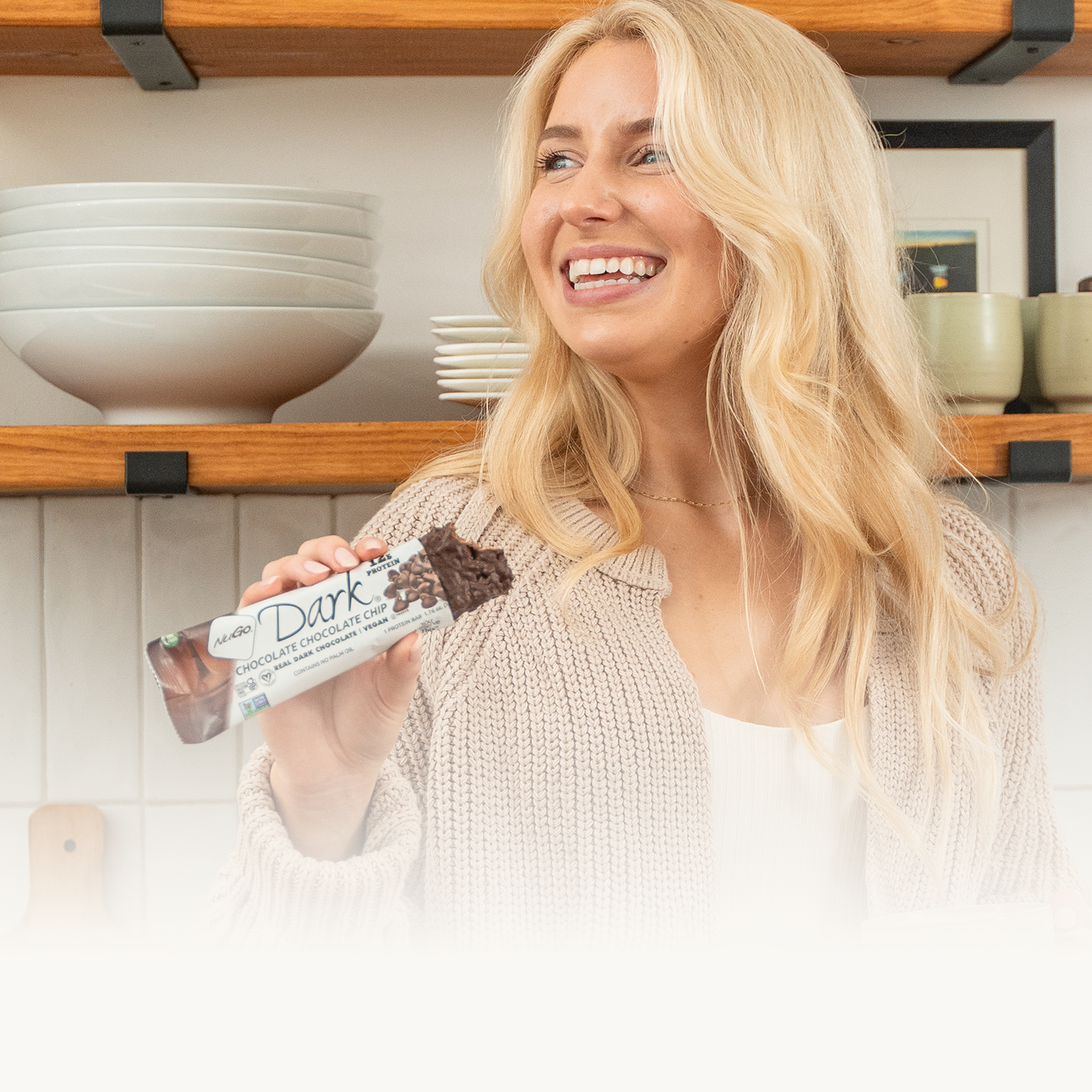

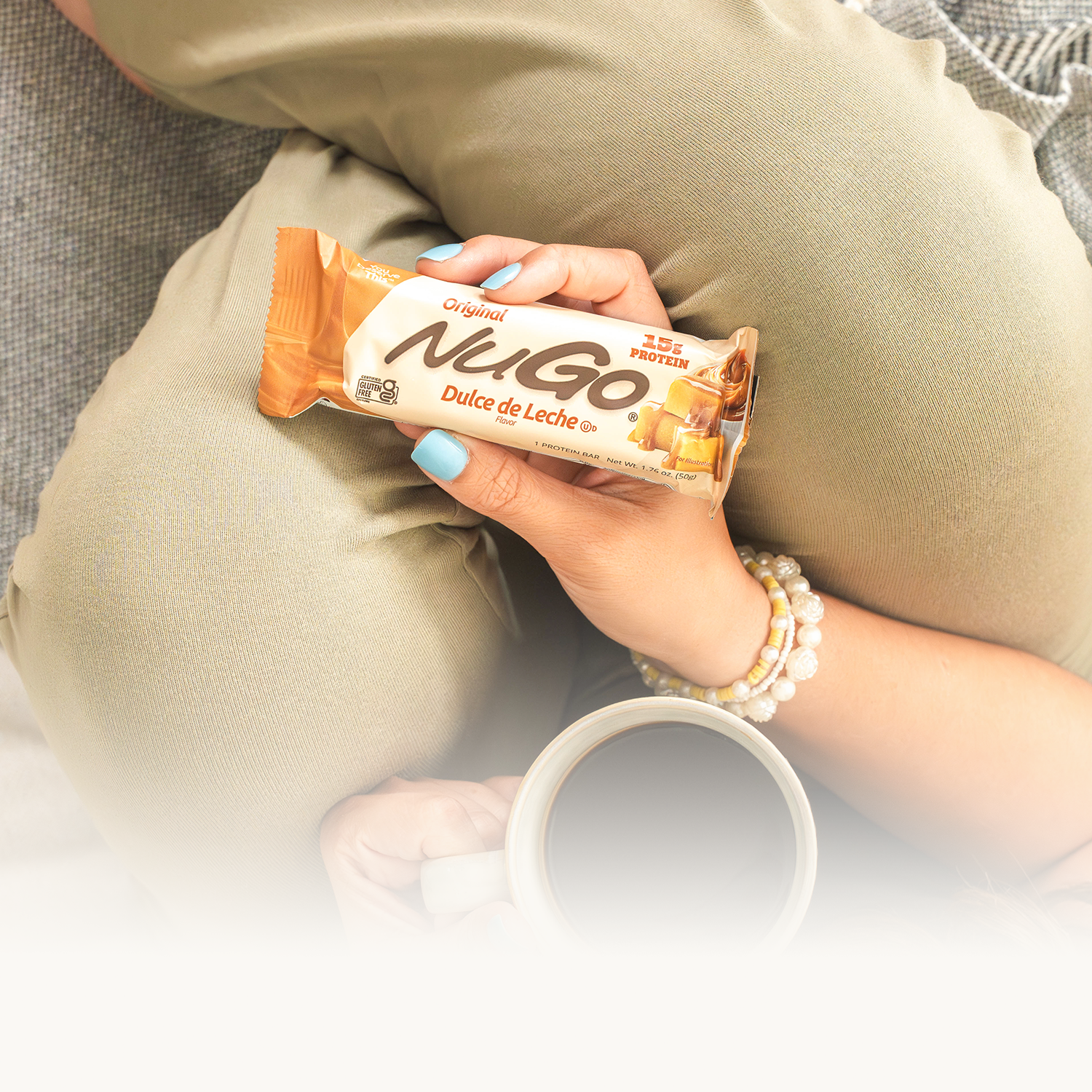
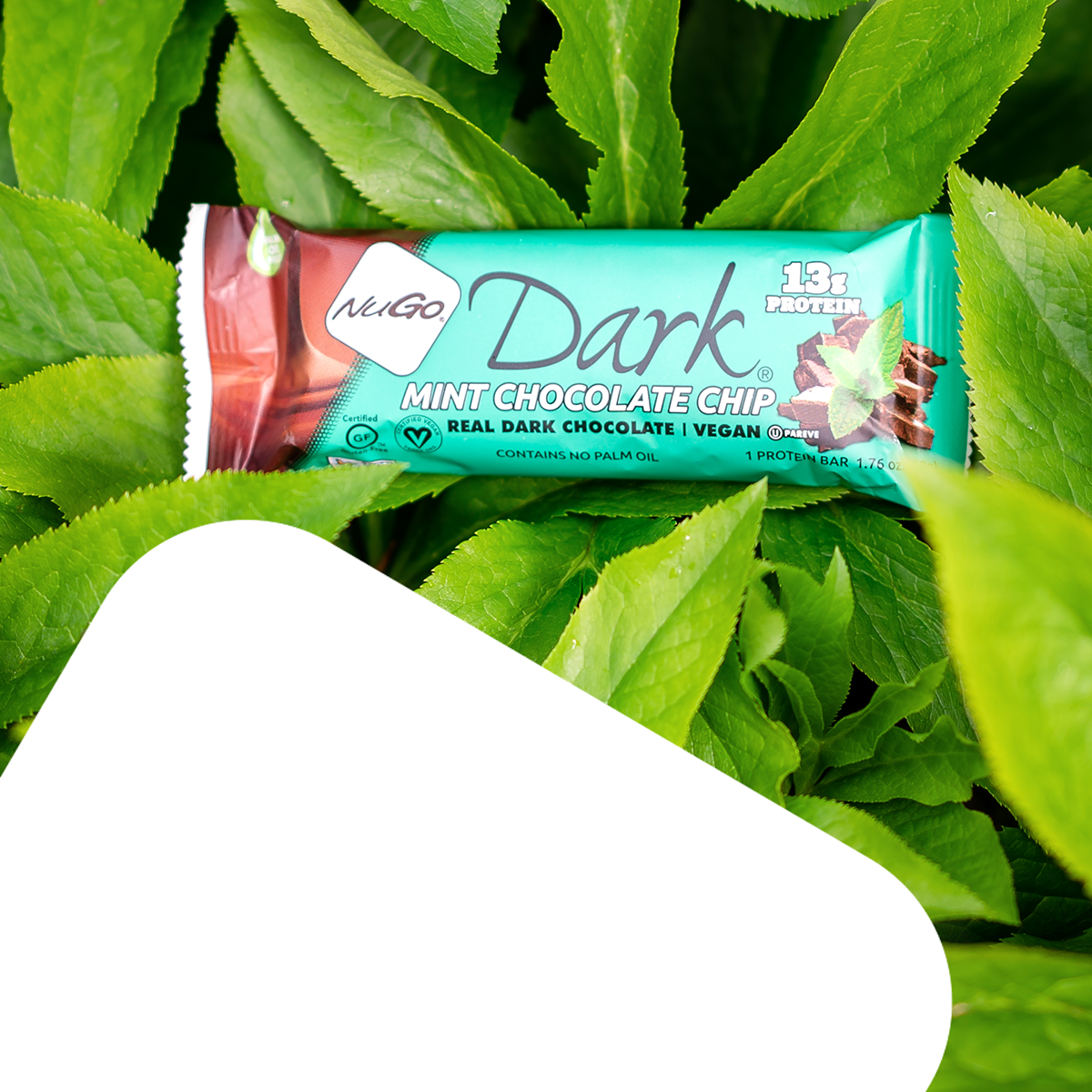

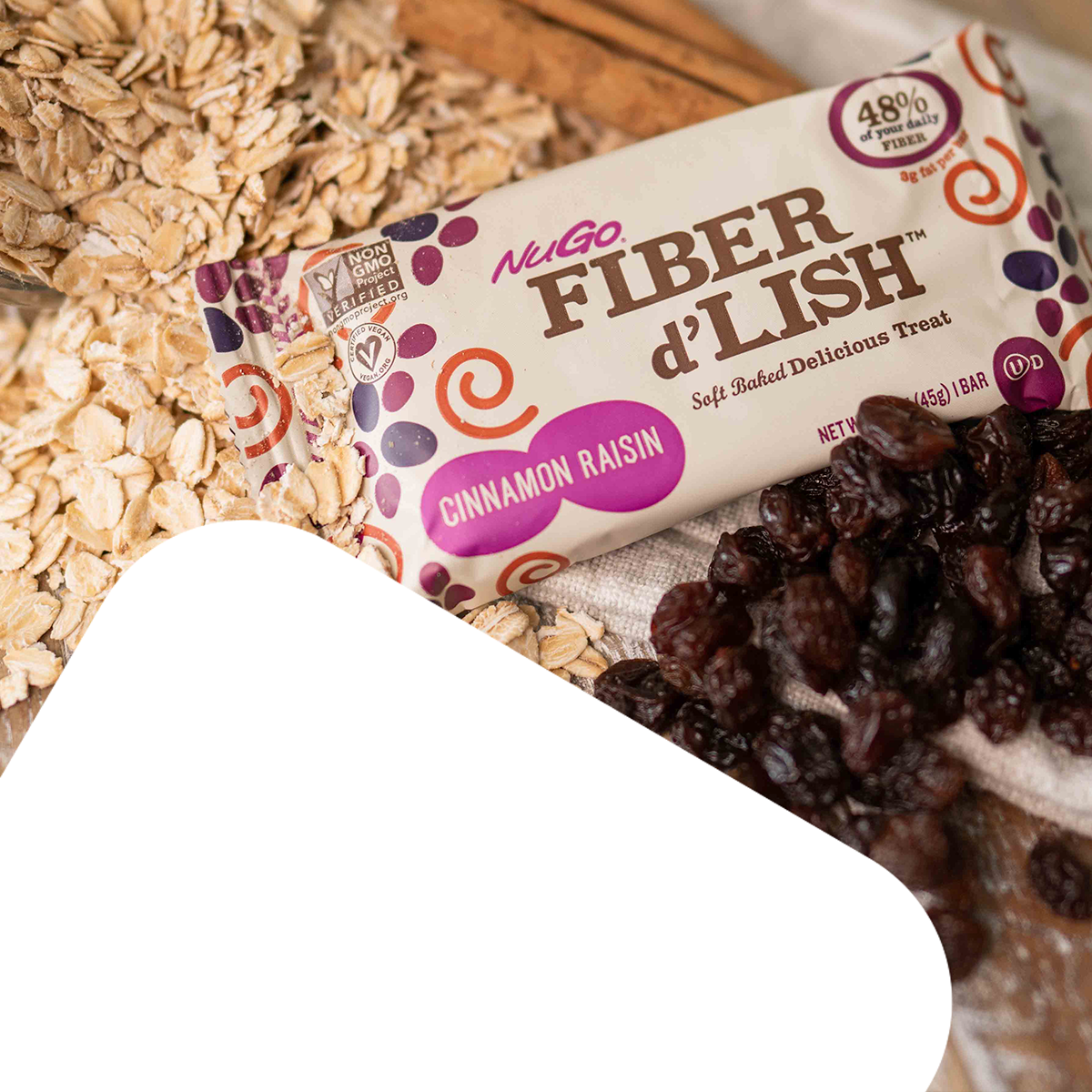
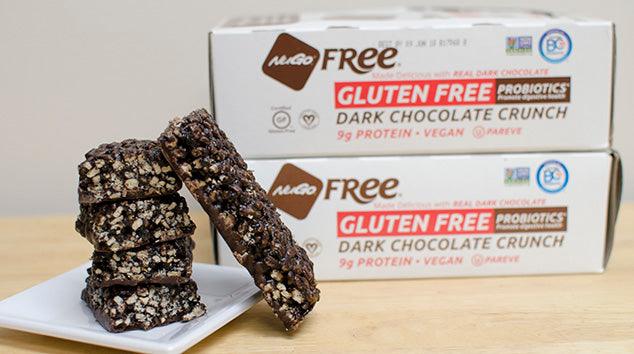

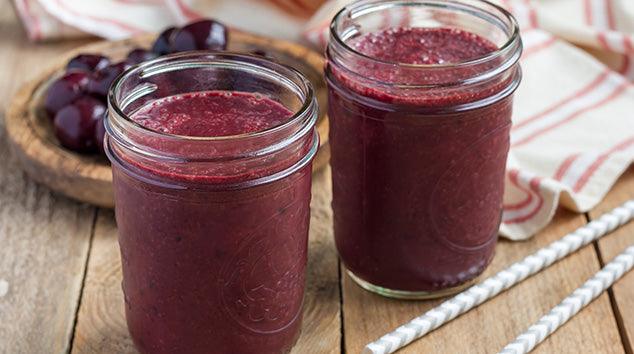
Leave a comment
This site is protected by hCaptcha and the hCaptcha Privacy Policy and Terms of Service apply.